-
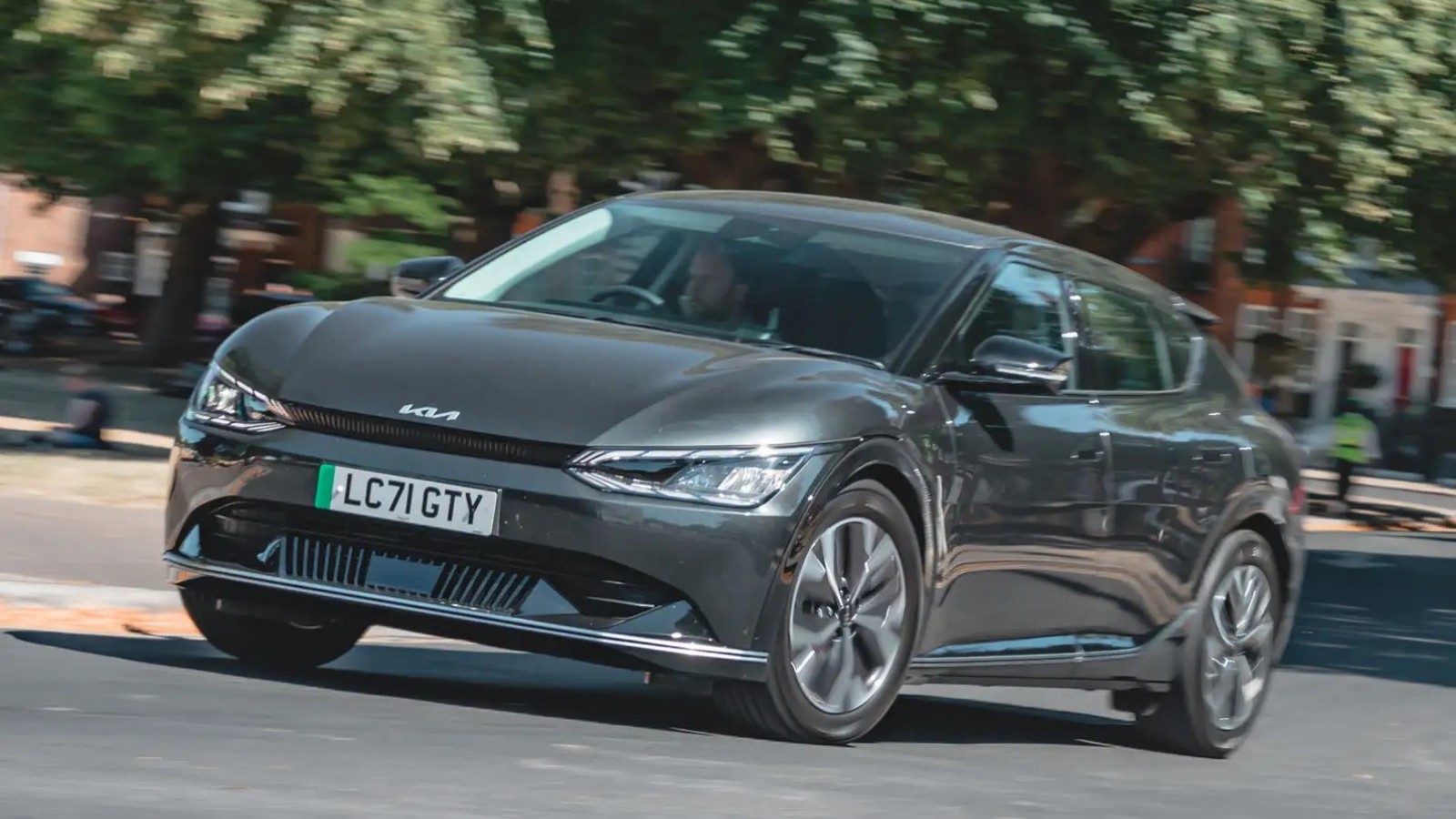 © Haymarket Media
© Haymarket Media -
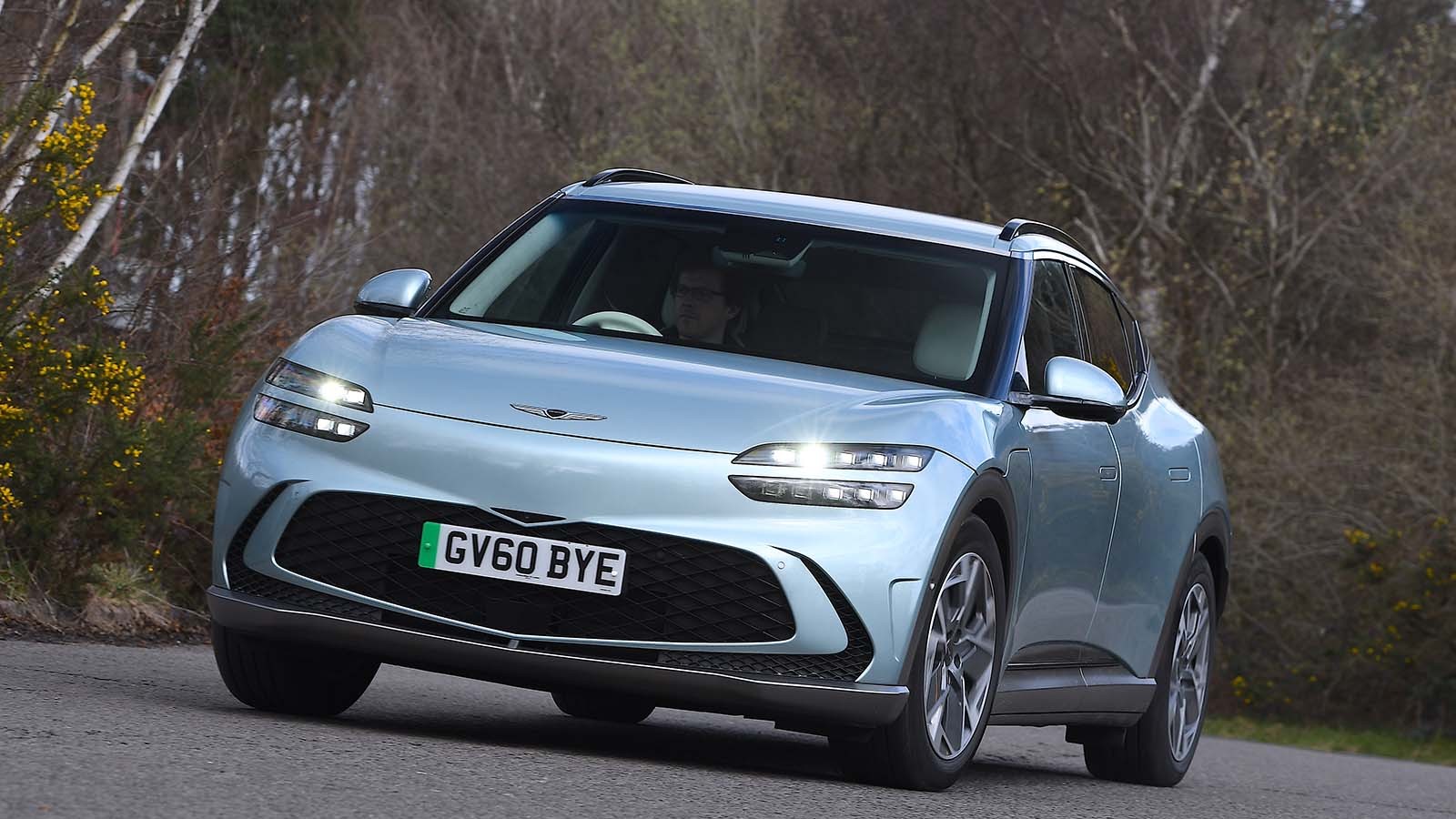 © Haymarket Media
© Haymarket Media -
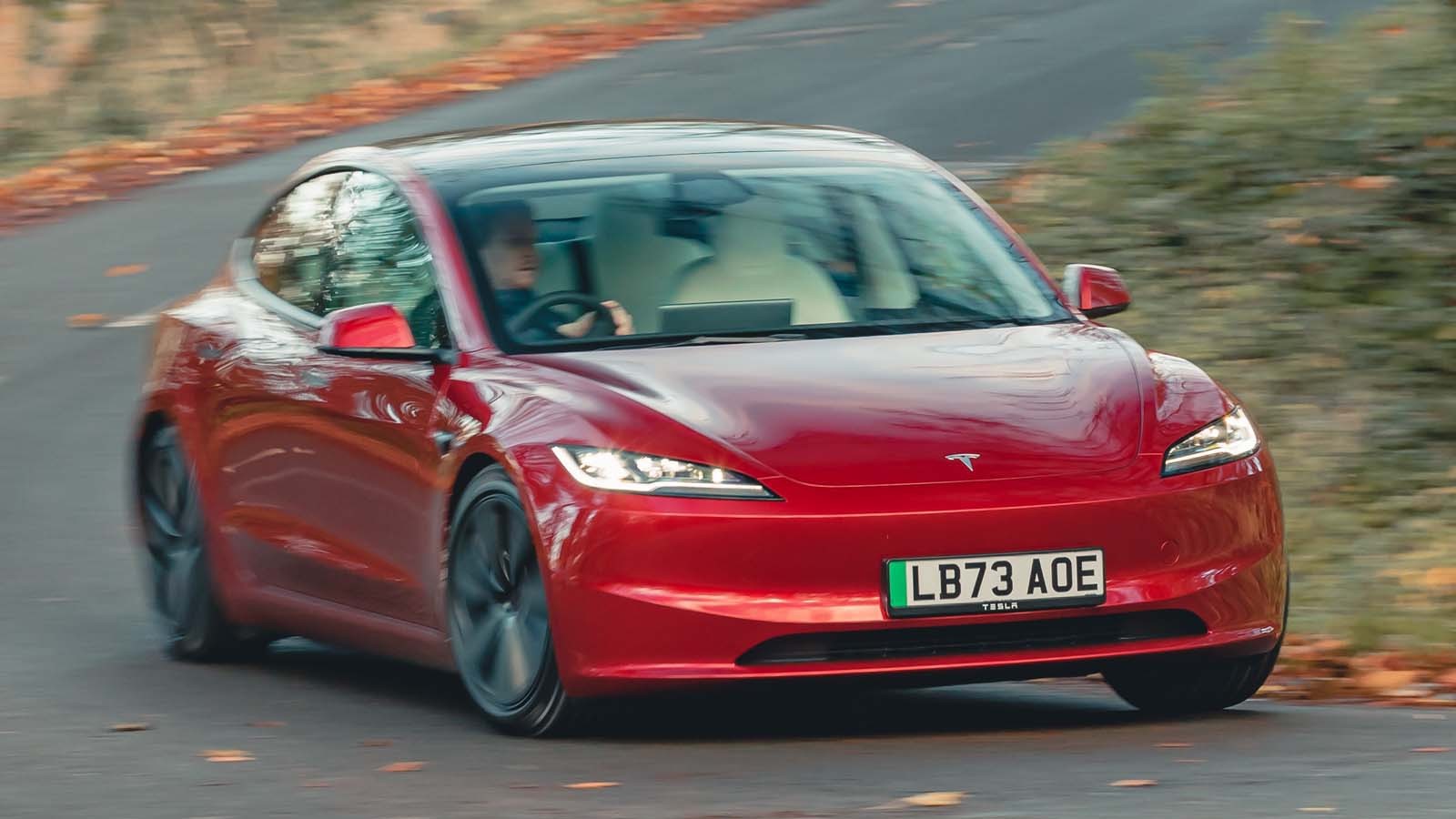 © Haymarket Media
© Haymarket Media -
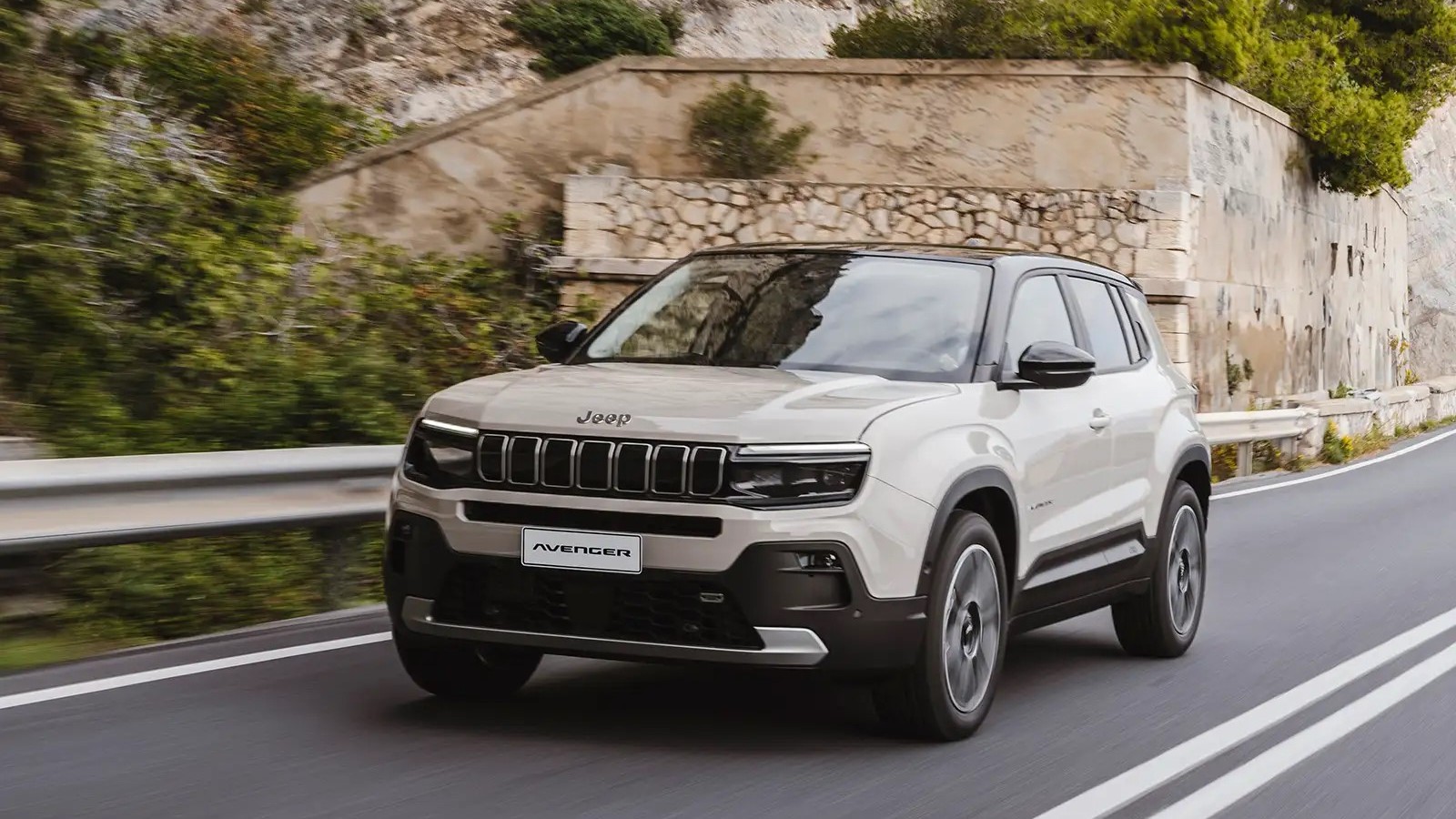 © Jeep
© Jeep -
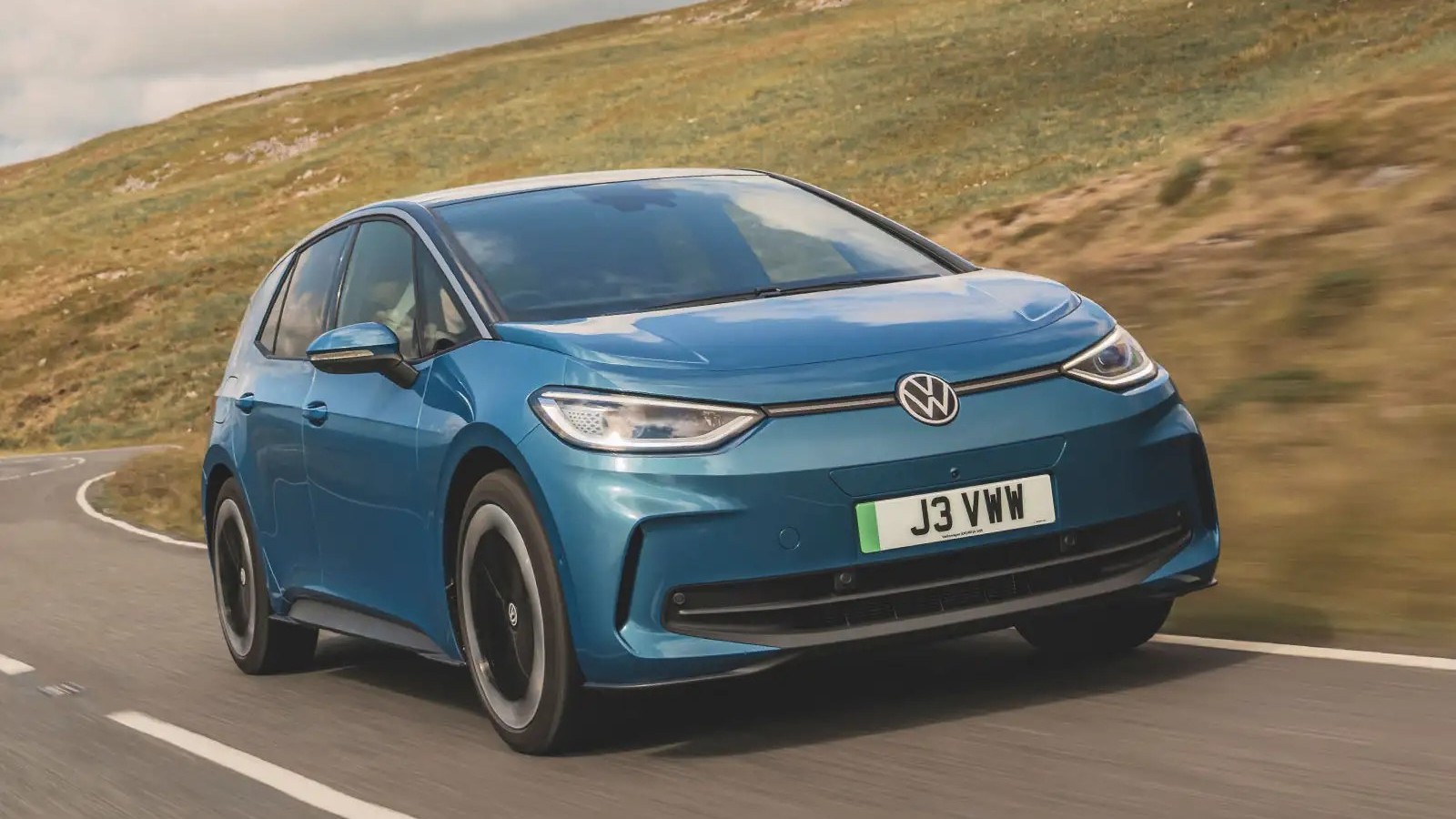 © Volkswagen
© Volkswagen -
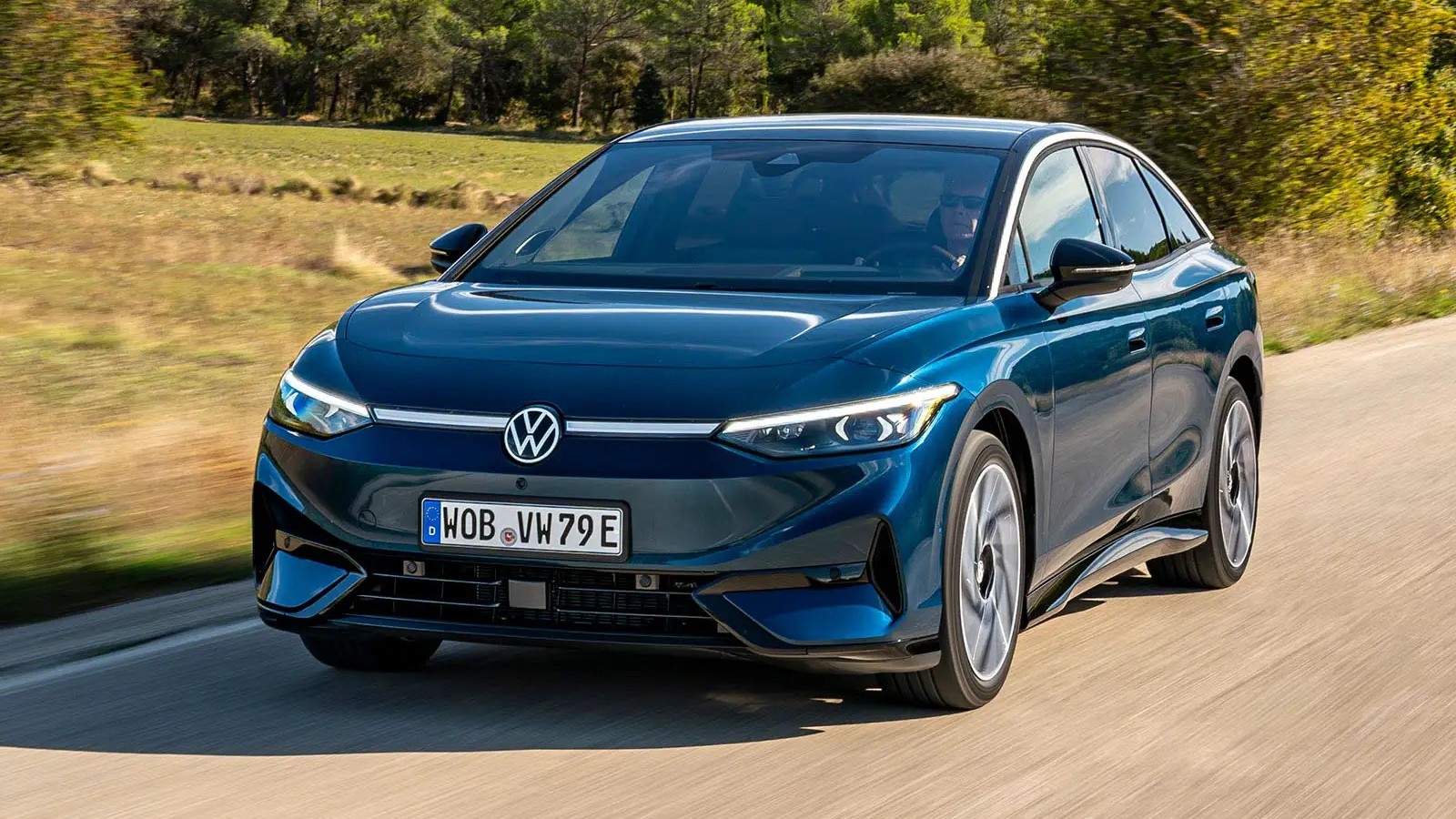 © Volkswagen
© Volkswagen -
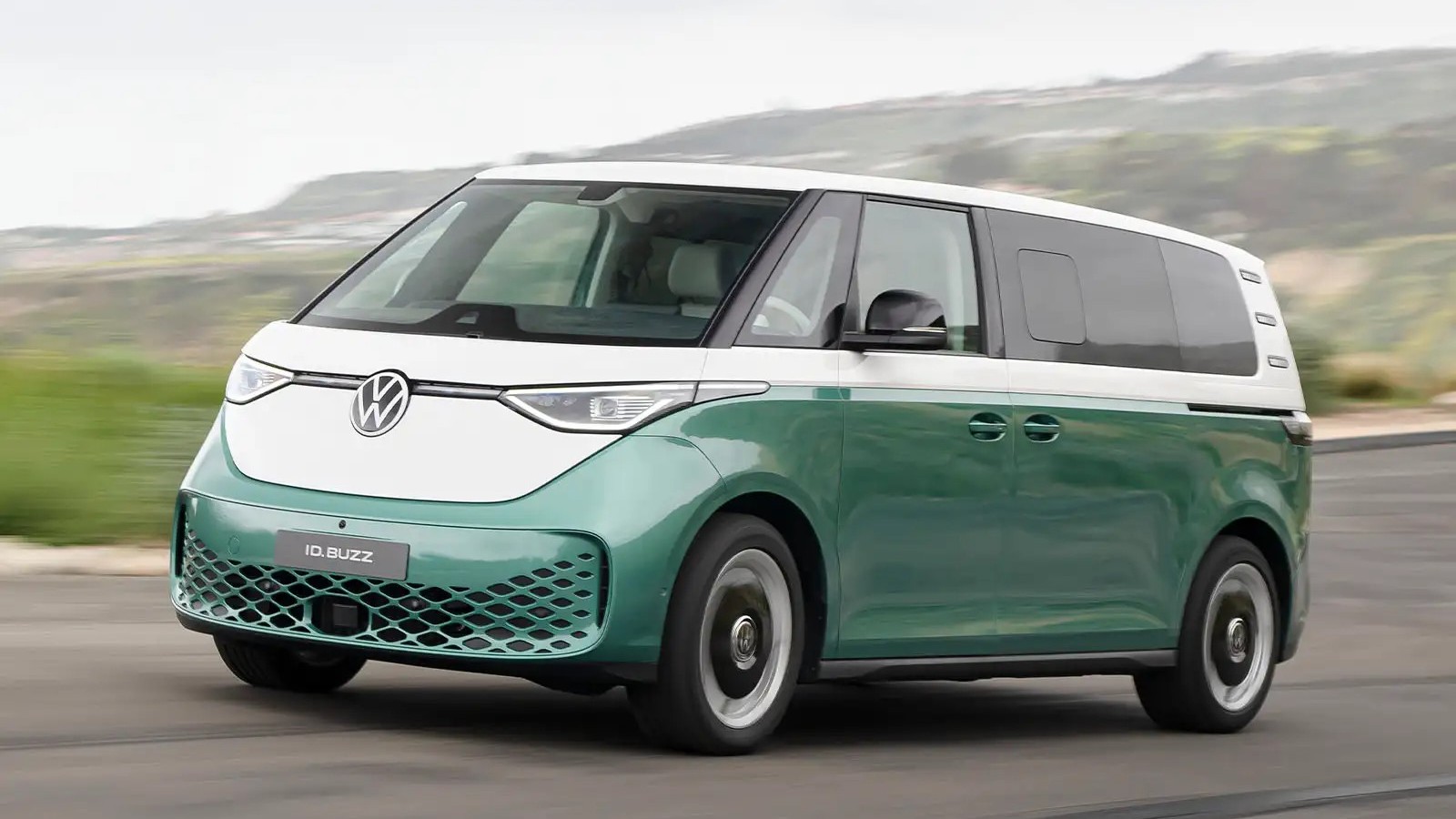 © Volkswagen
© Volkswagen -
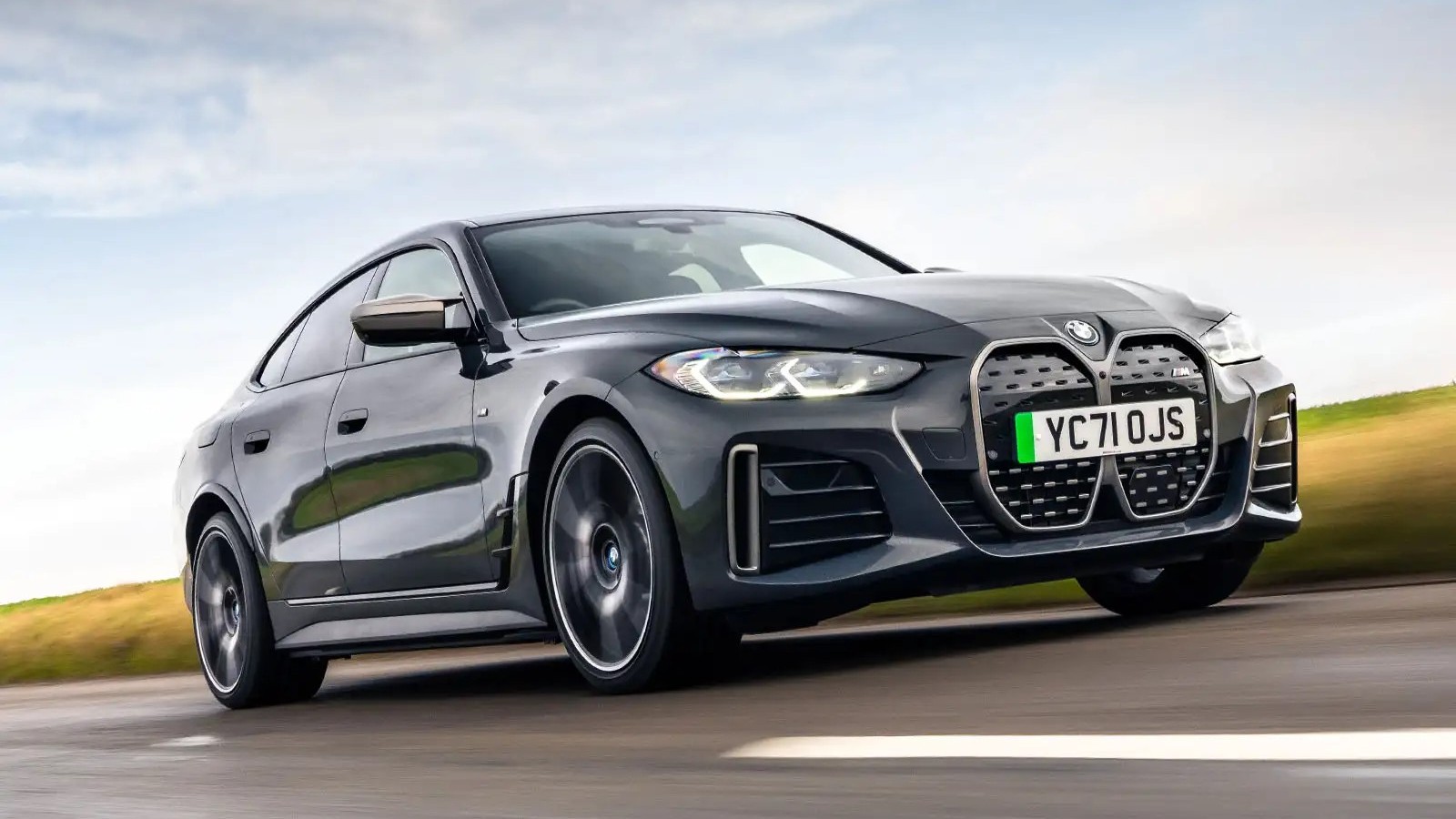 © BMW
© BMW -
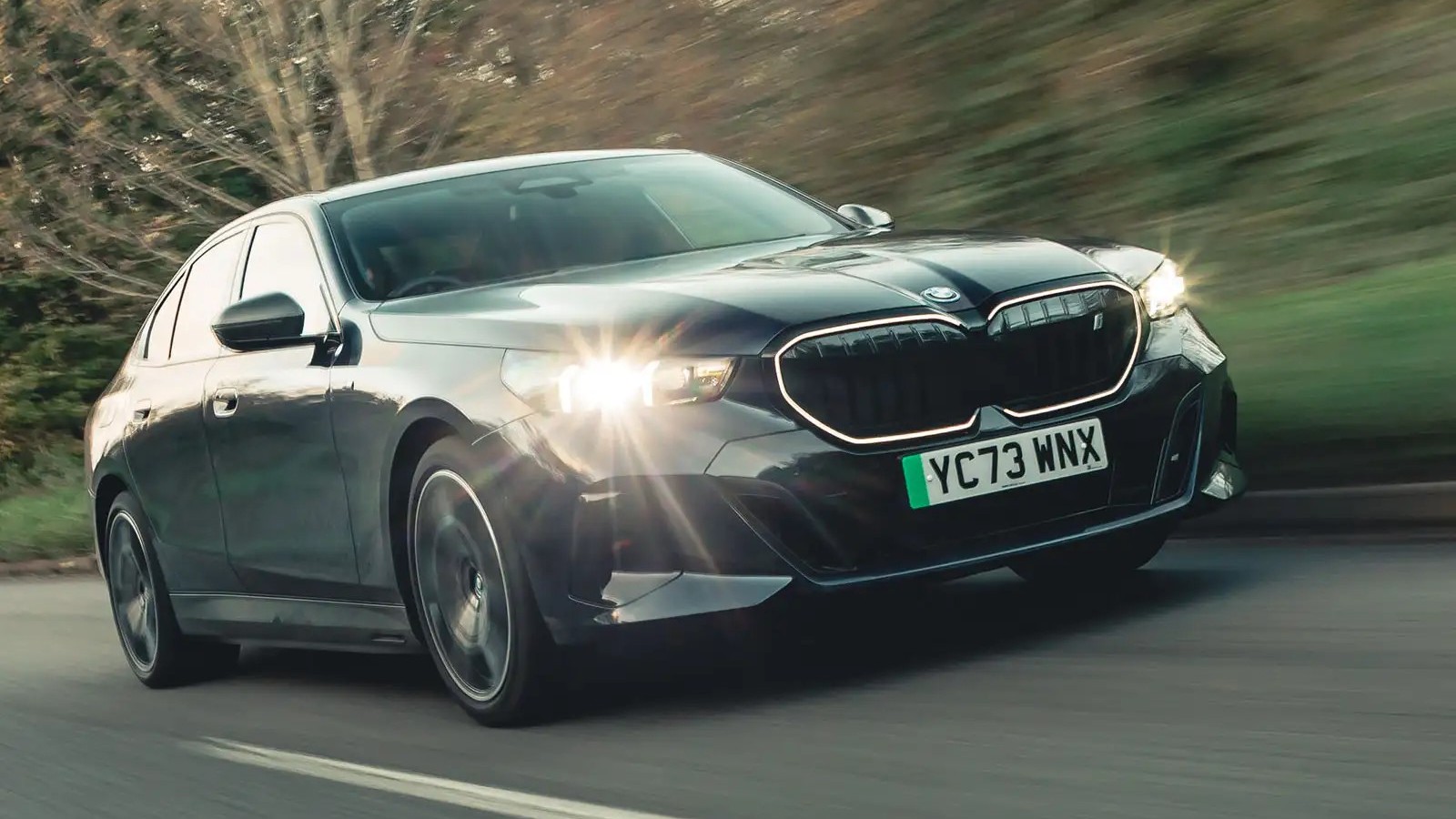 © Haymarket Media
© Haymarket Media -
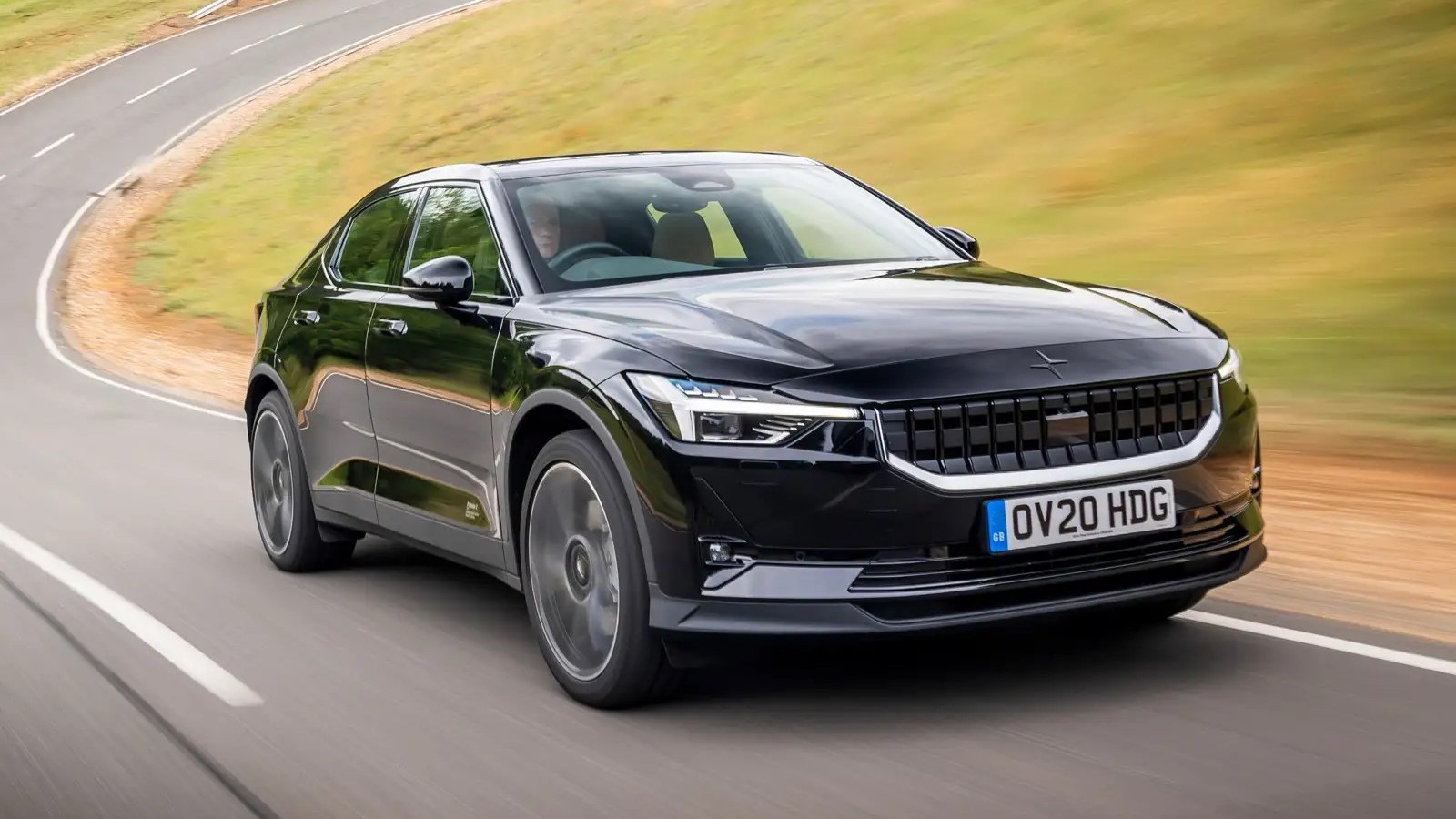 © Polestar
© Polestar -
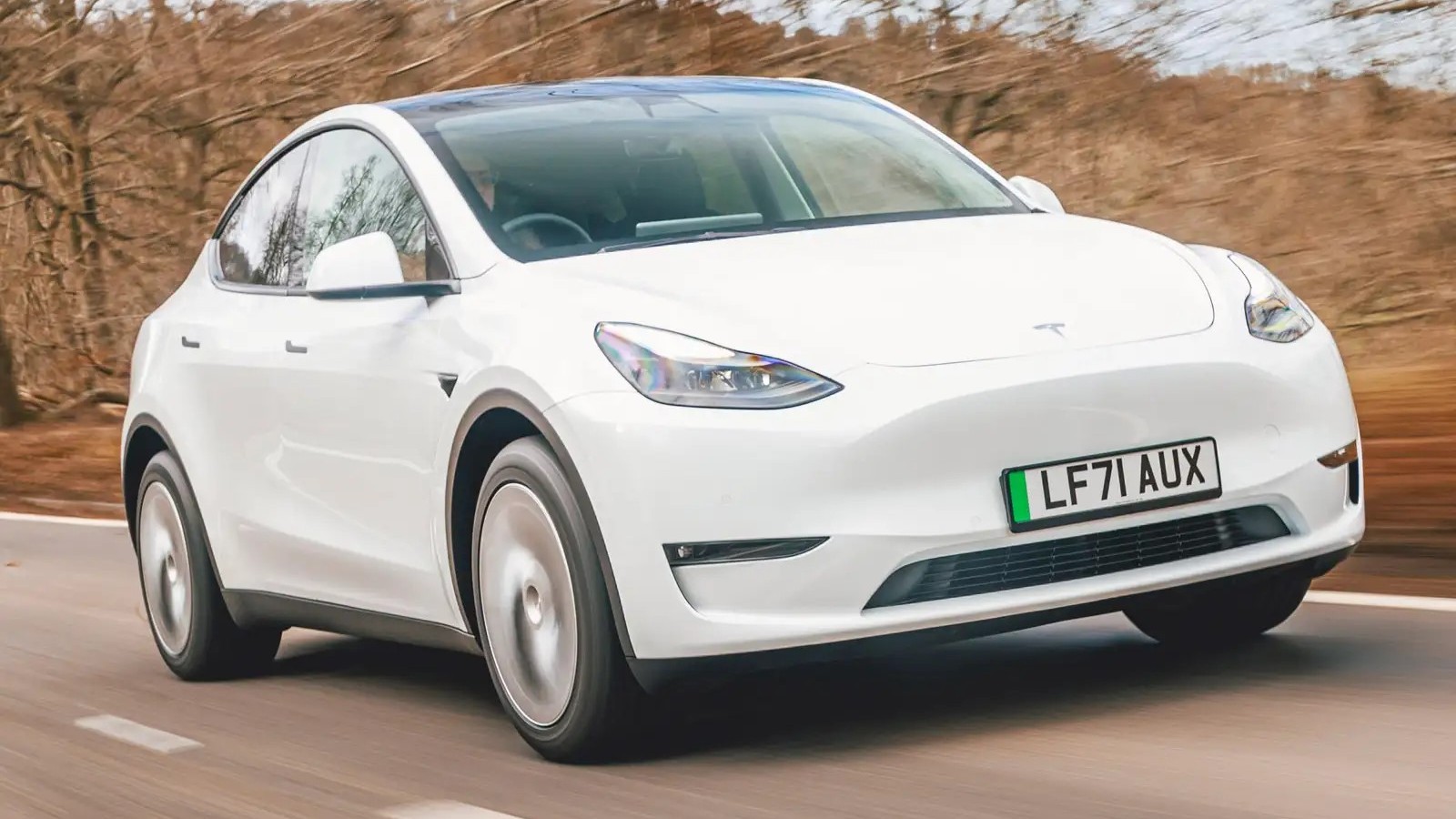 © Haymarket Media
© Haymarket Media -
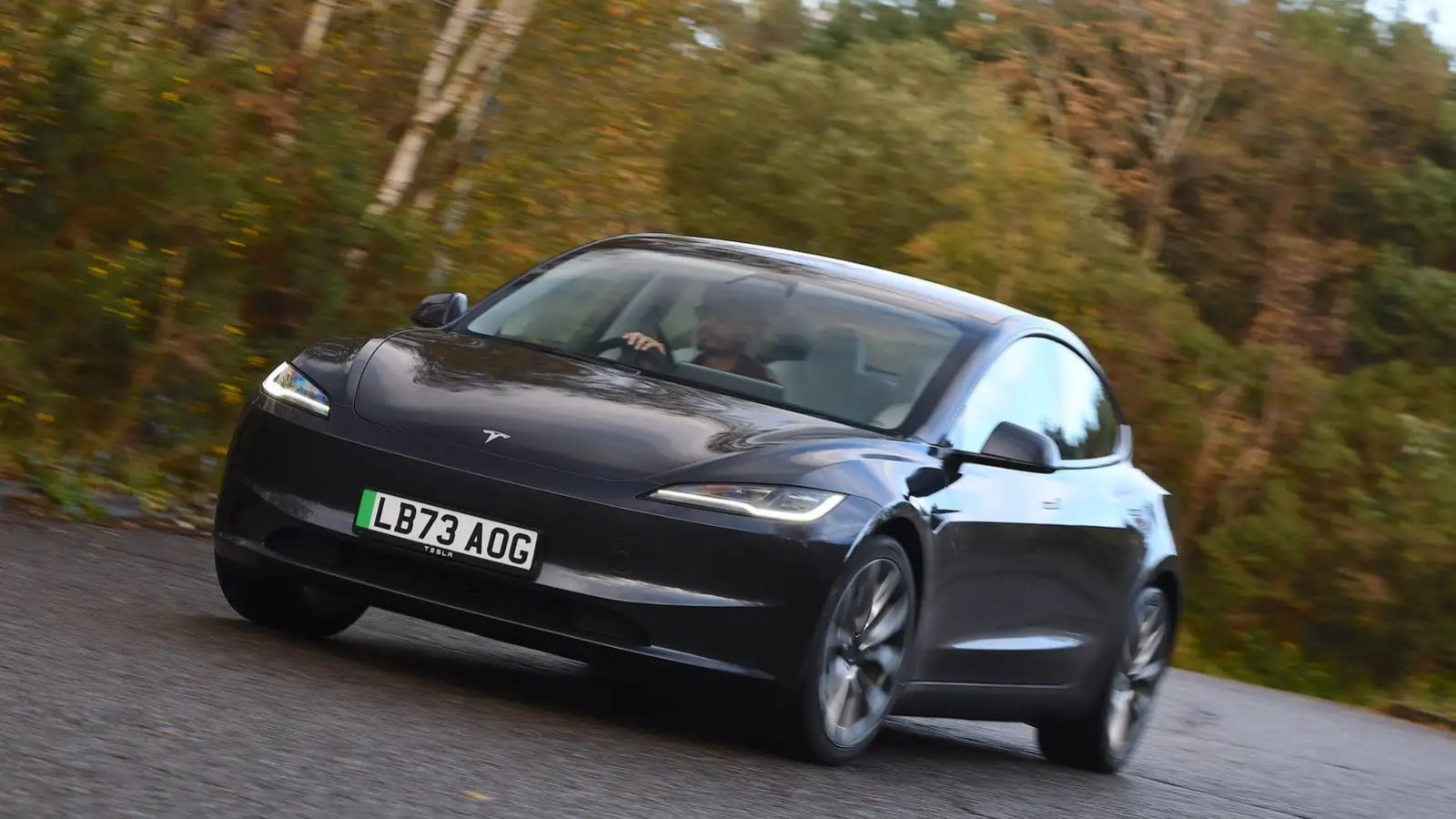 © Haymarket Media
© Haymarket Media -
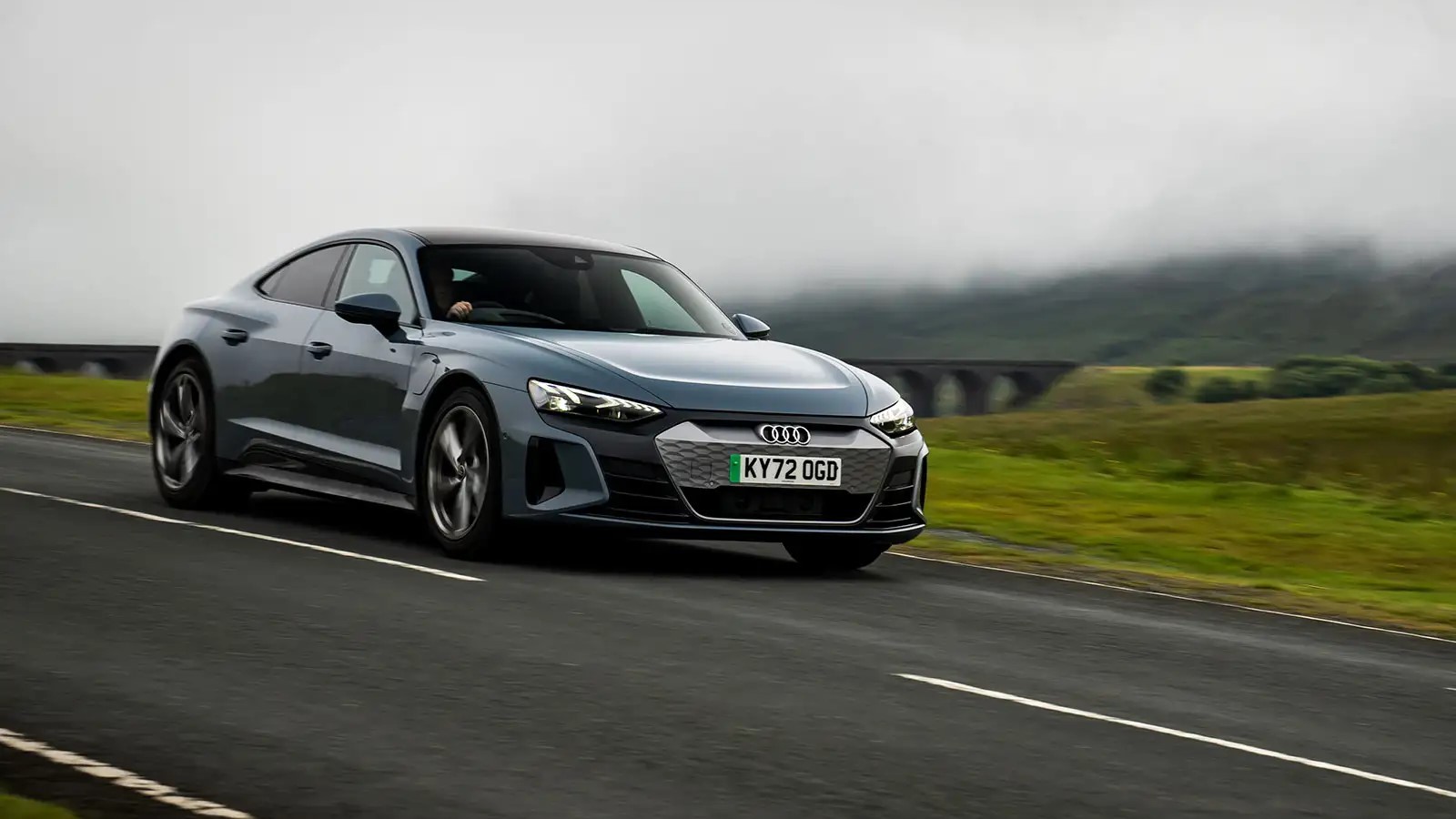 © Autocar
© Autocar -
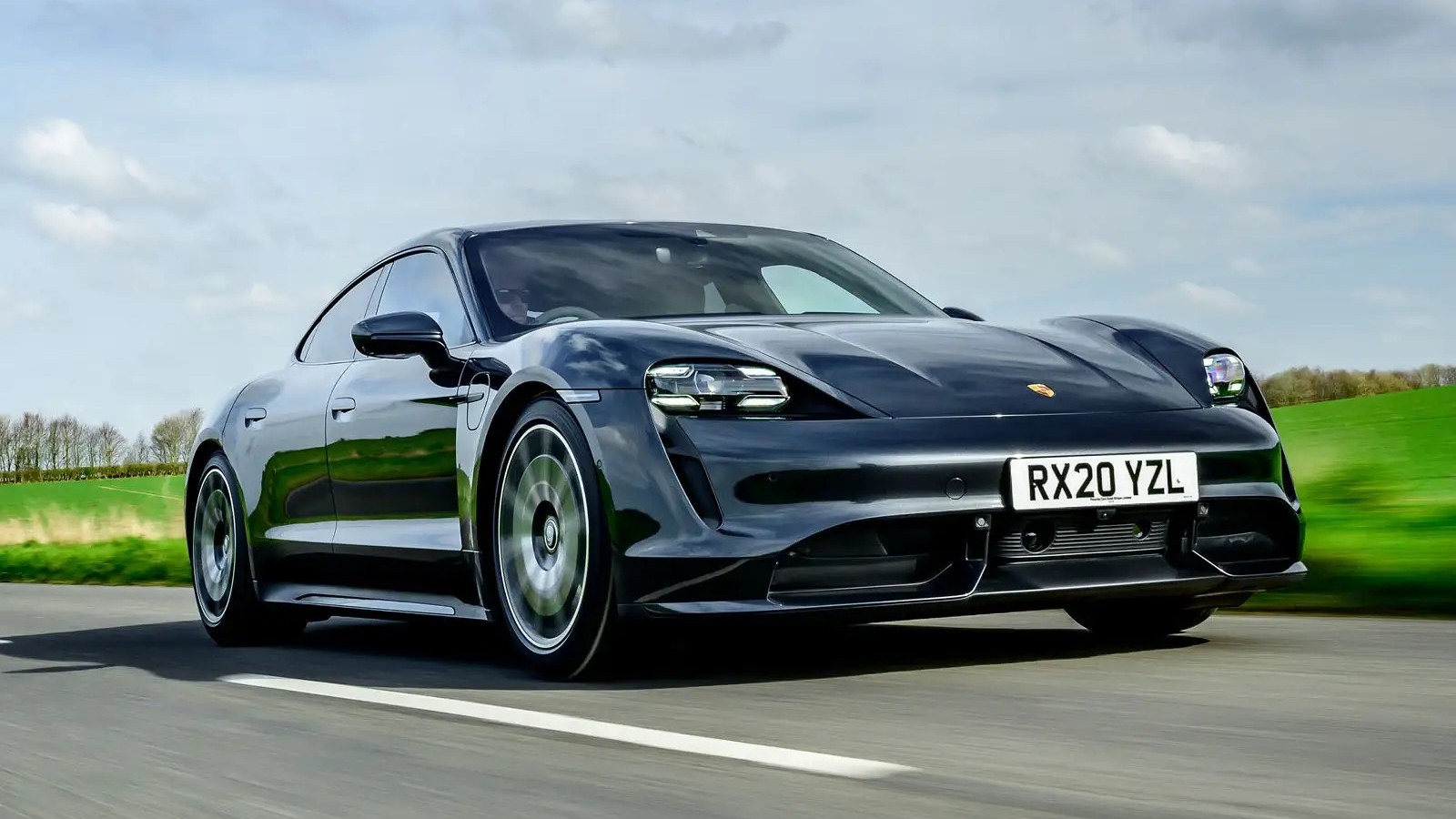 © Haymarket Media
© Haymarket Media -
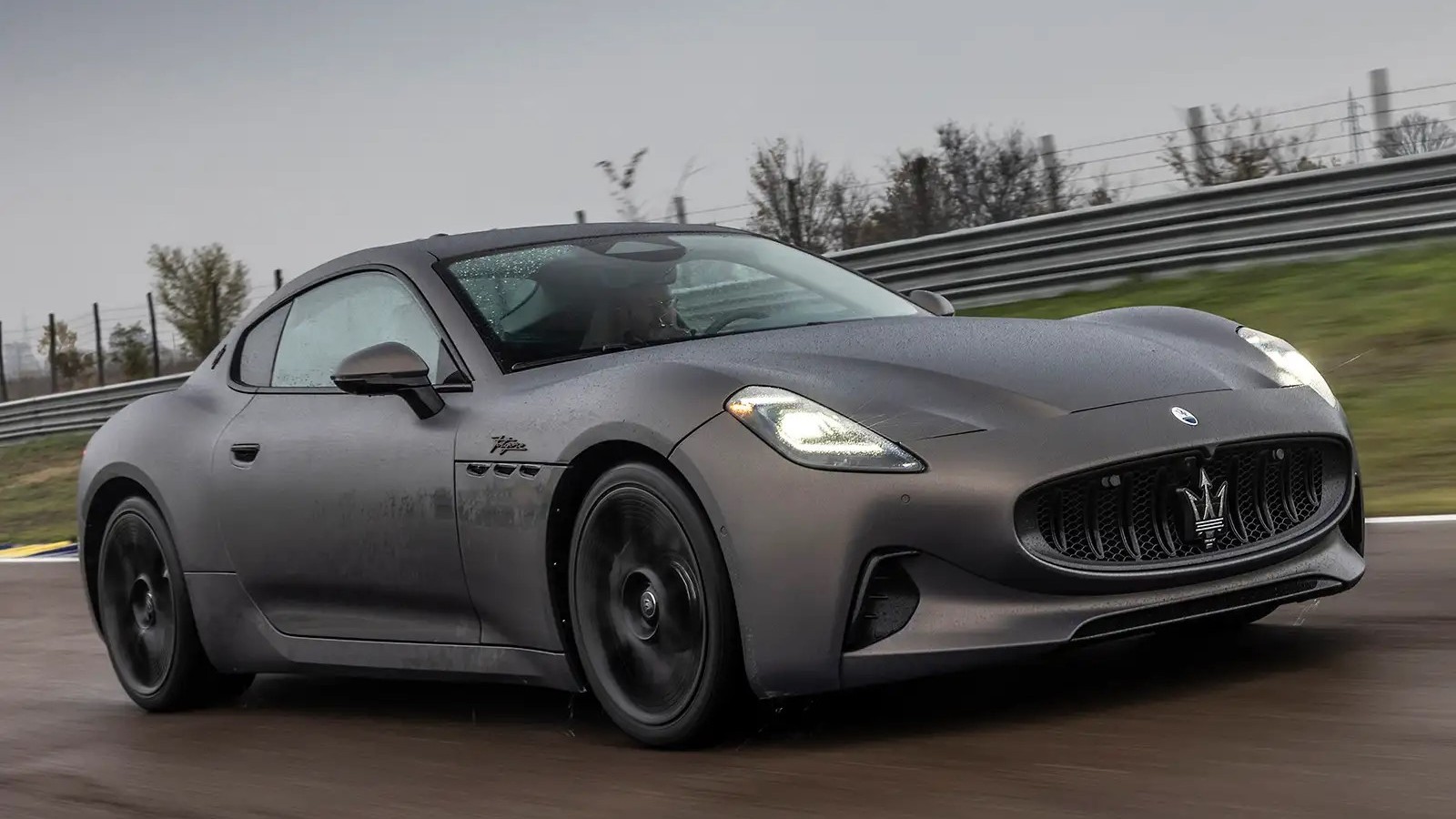 © Autocar
© Autocar -
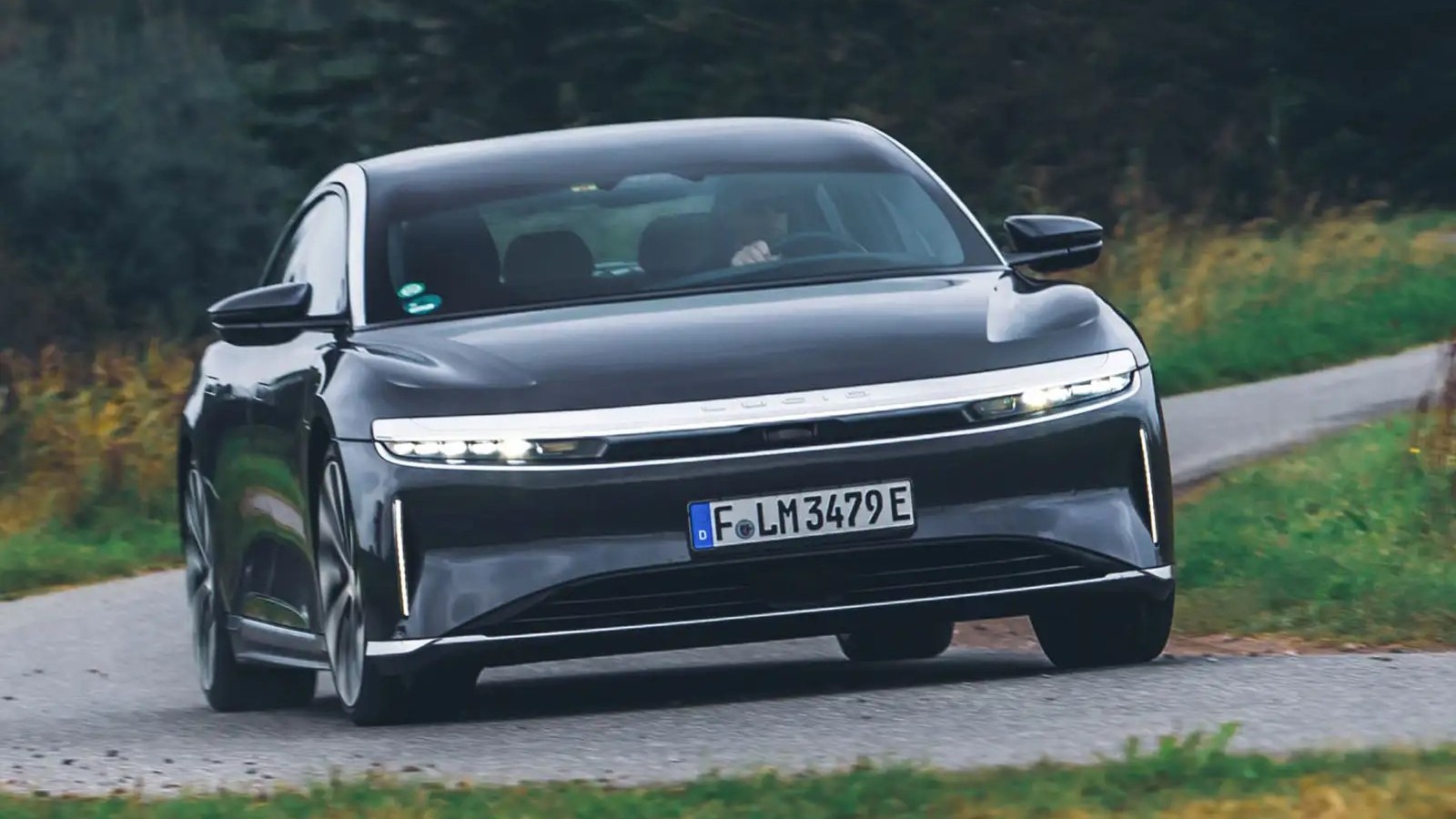 © Haymarket Media
© Haymarket Media -
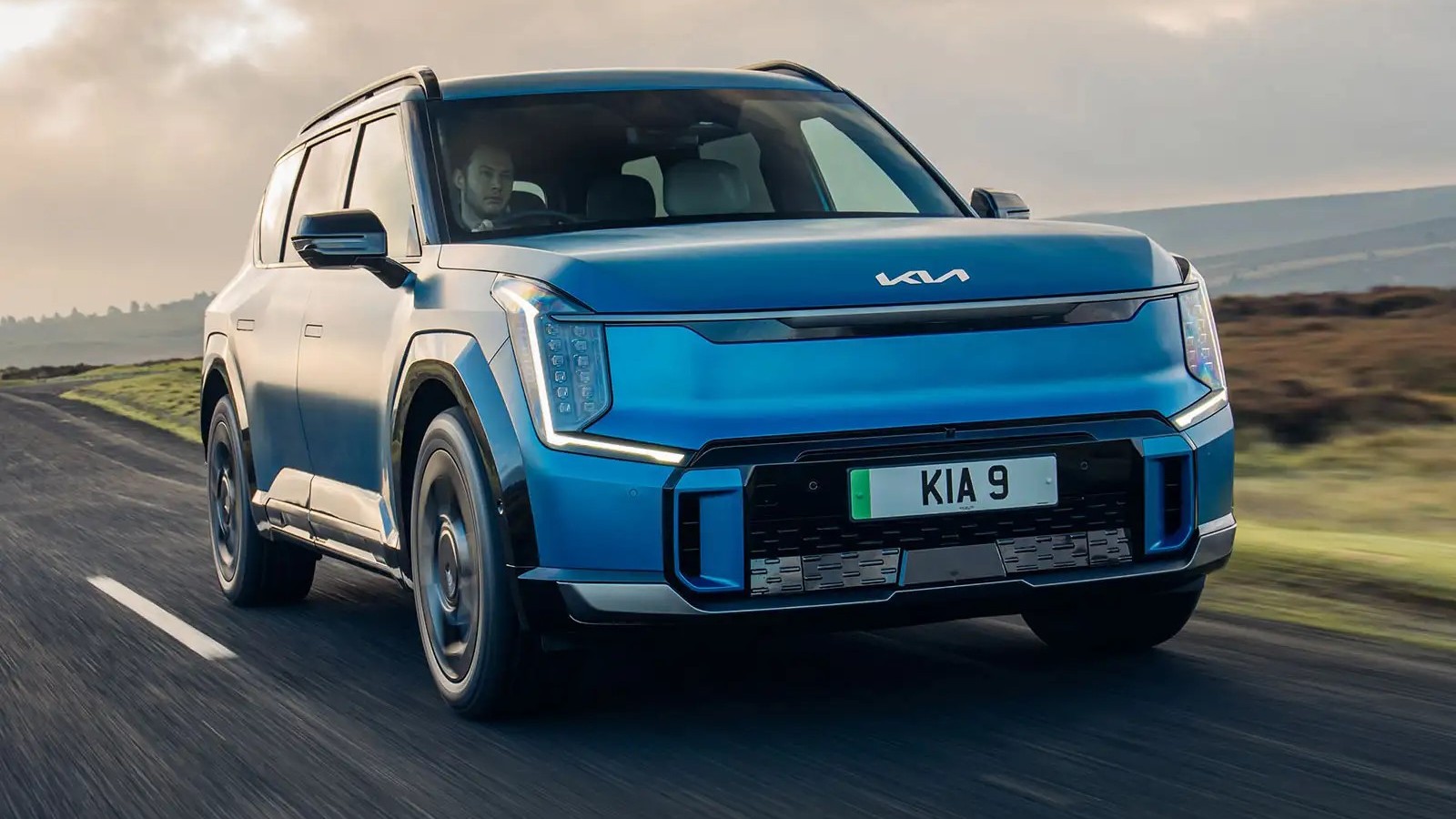 © Kia
© Kia -
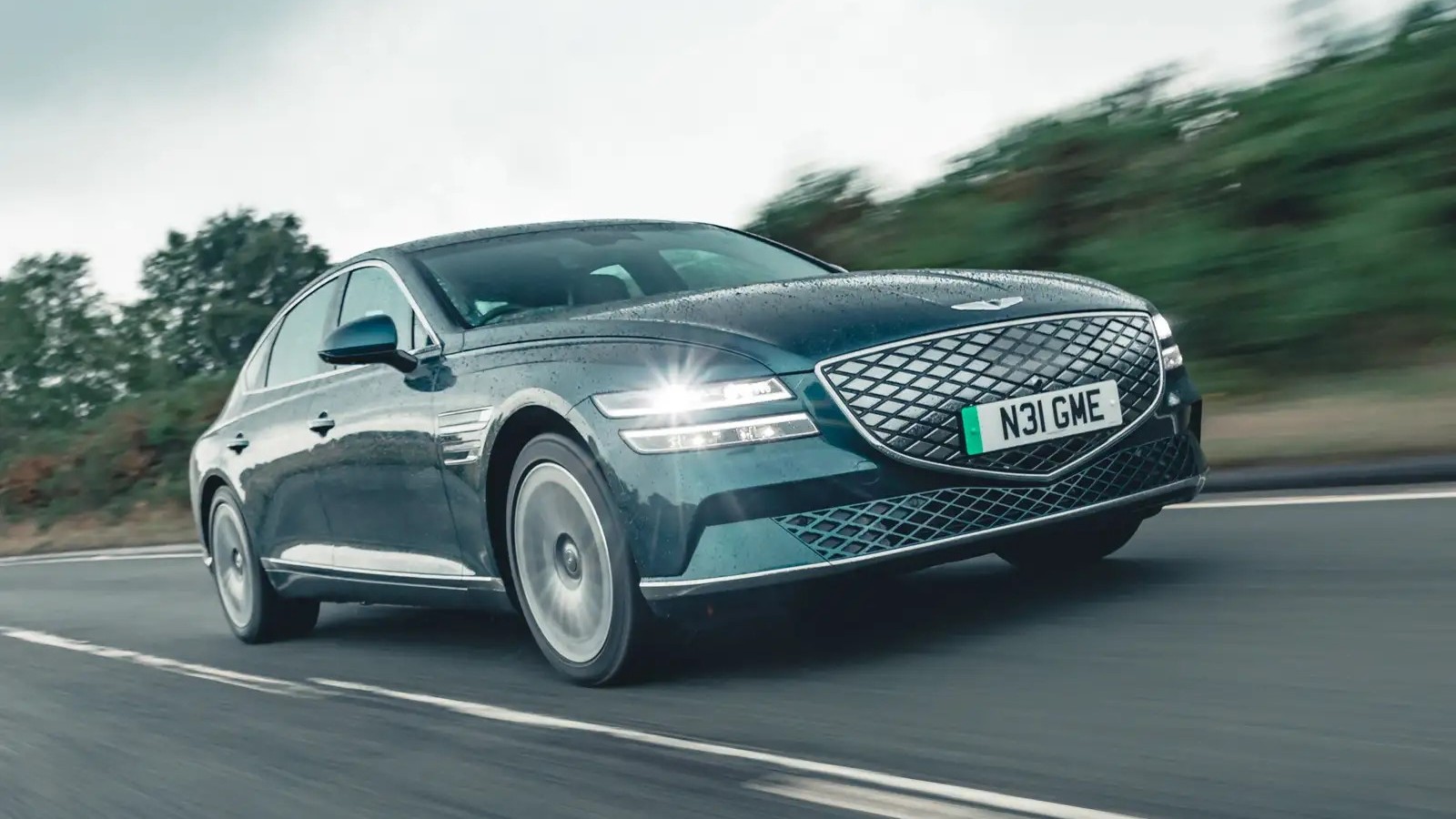 © Haymarket Media
© Haymarket Media -
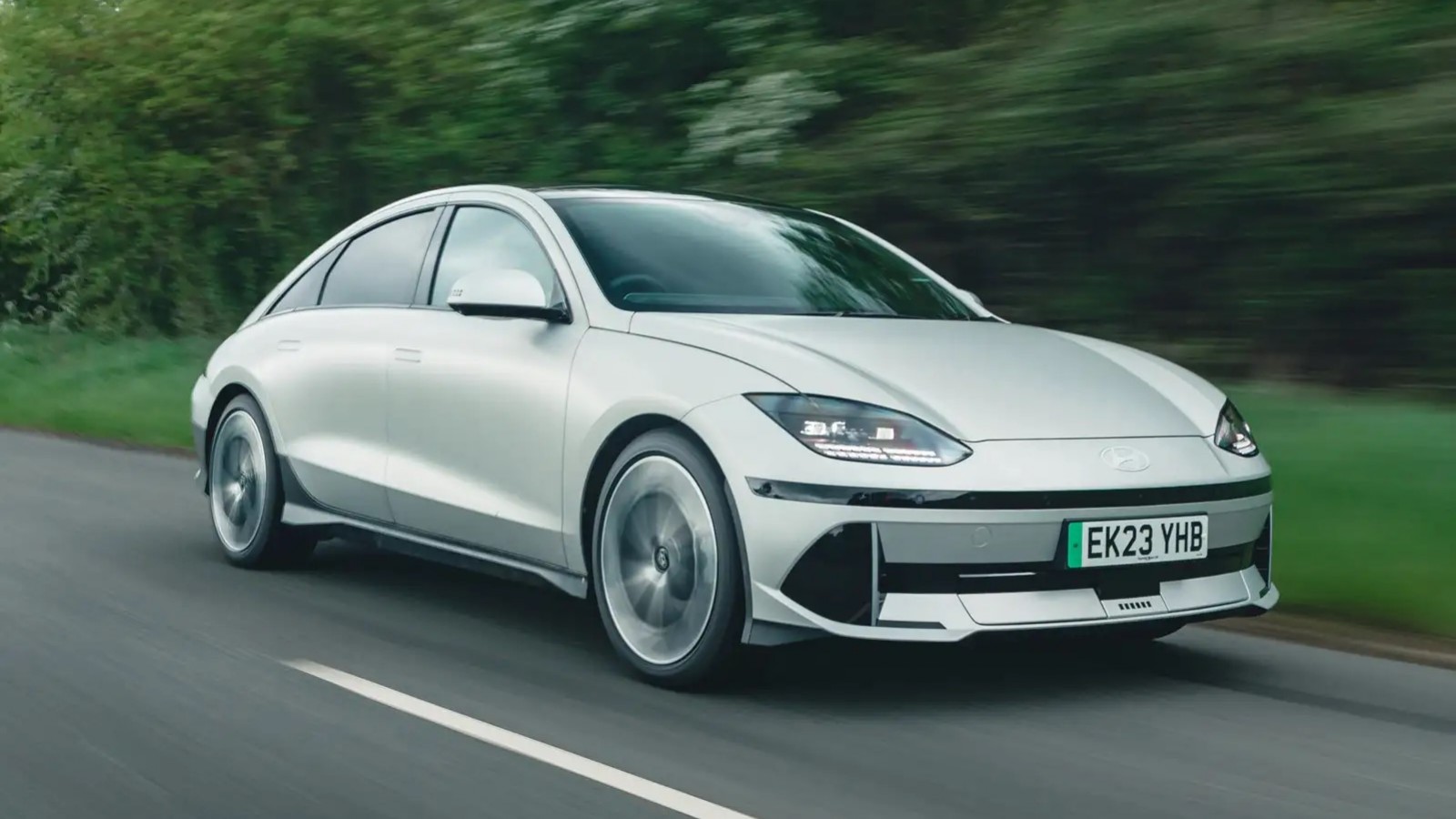 © Haymarket Media
© Haymarket Media -
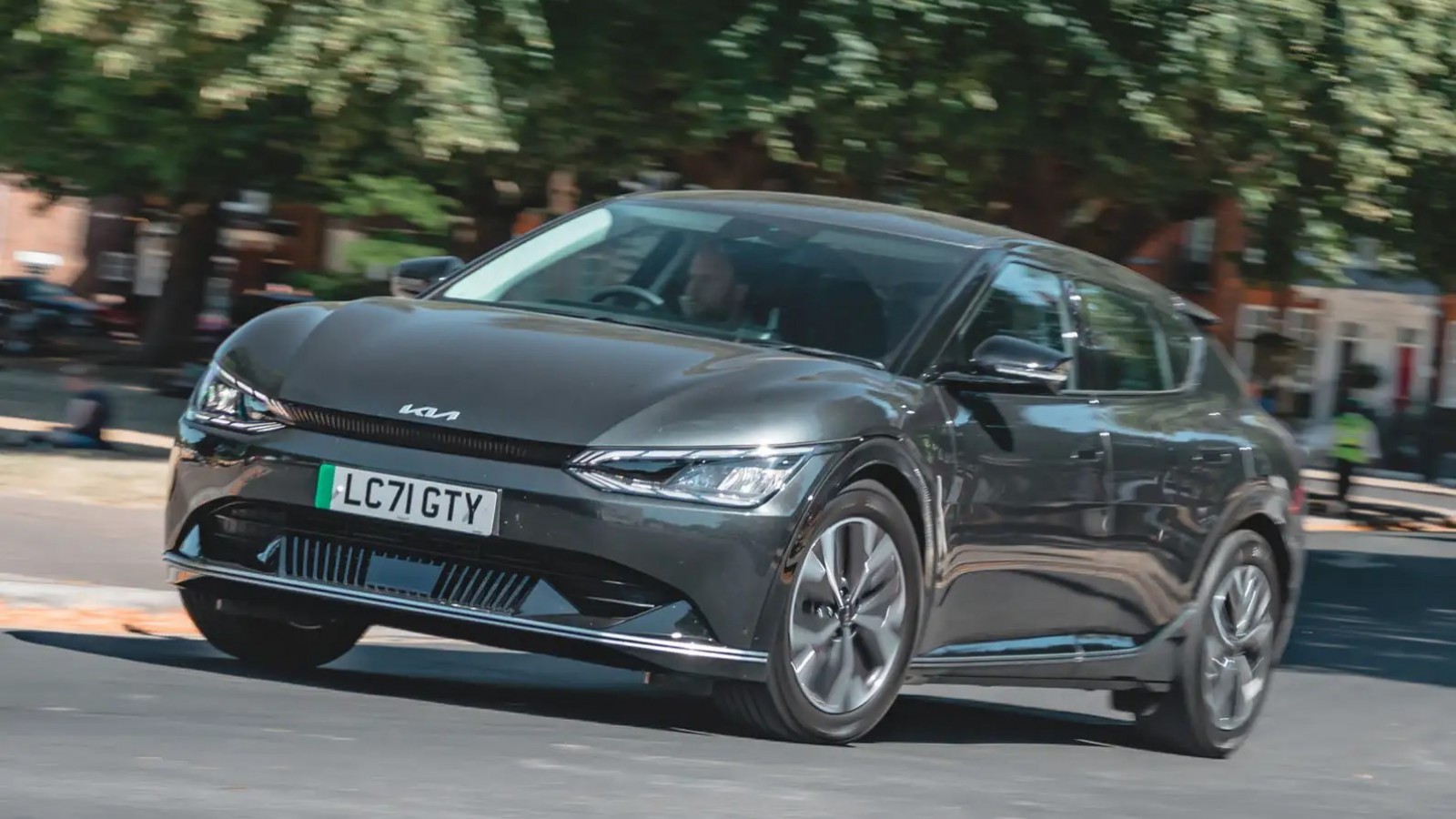 © Haymarket Media
© Haymarket Media -
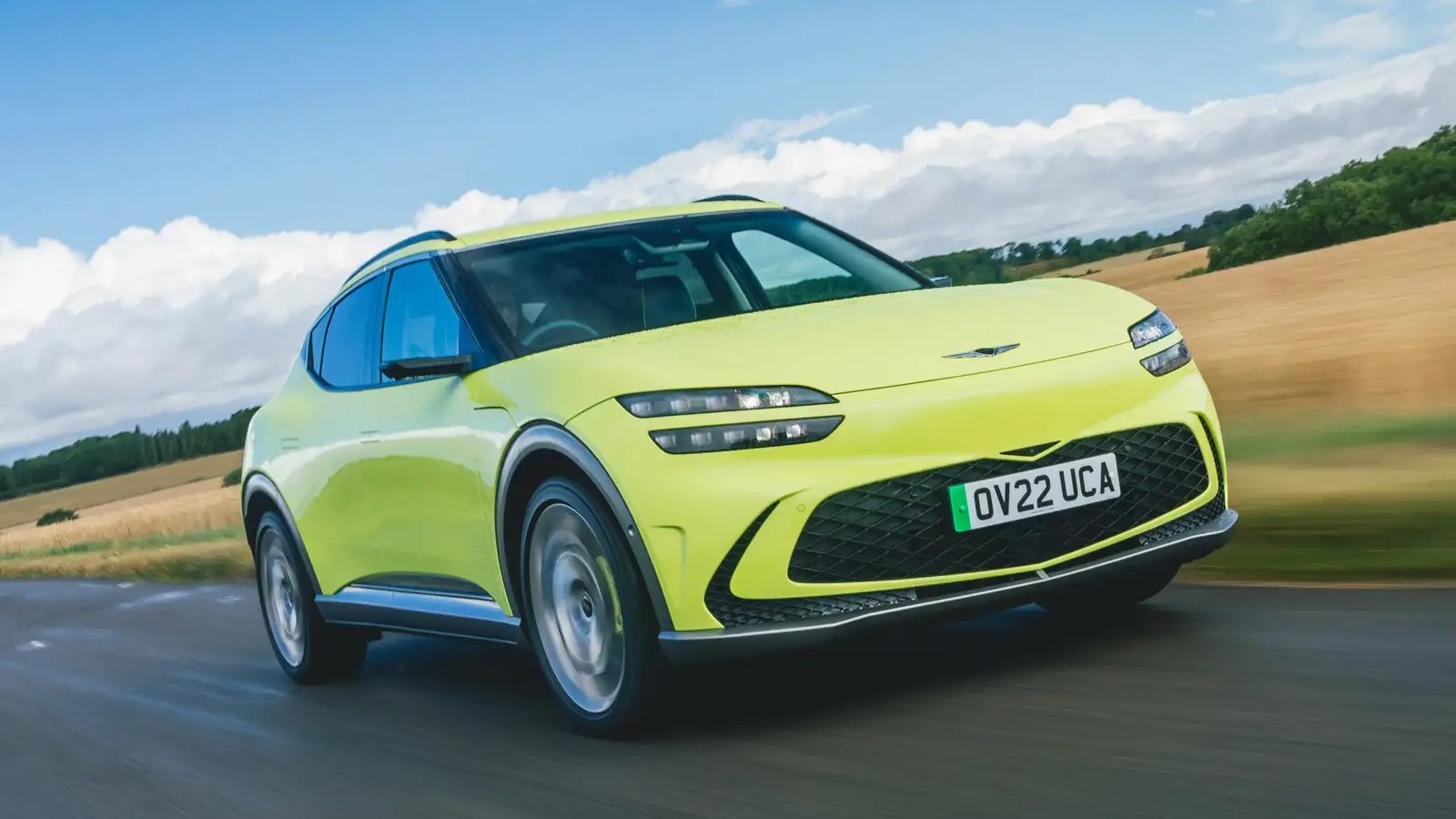 © Haymarket Media
© Haymarket Media -
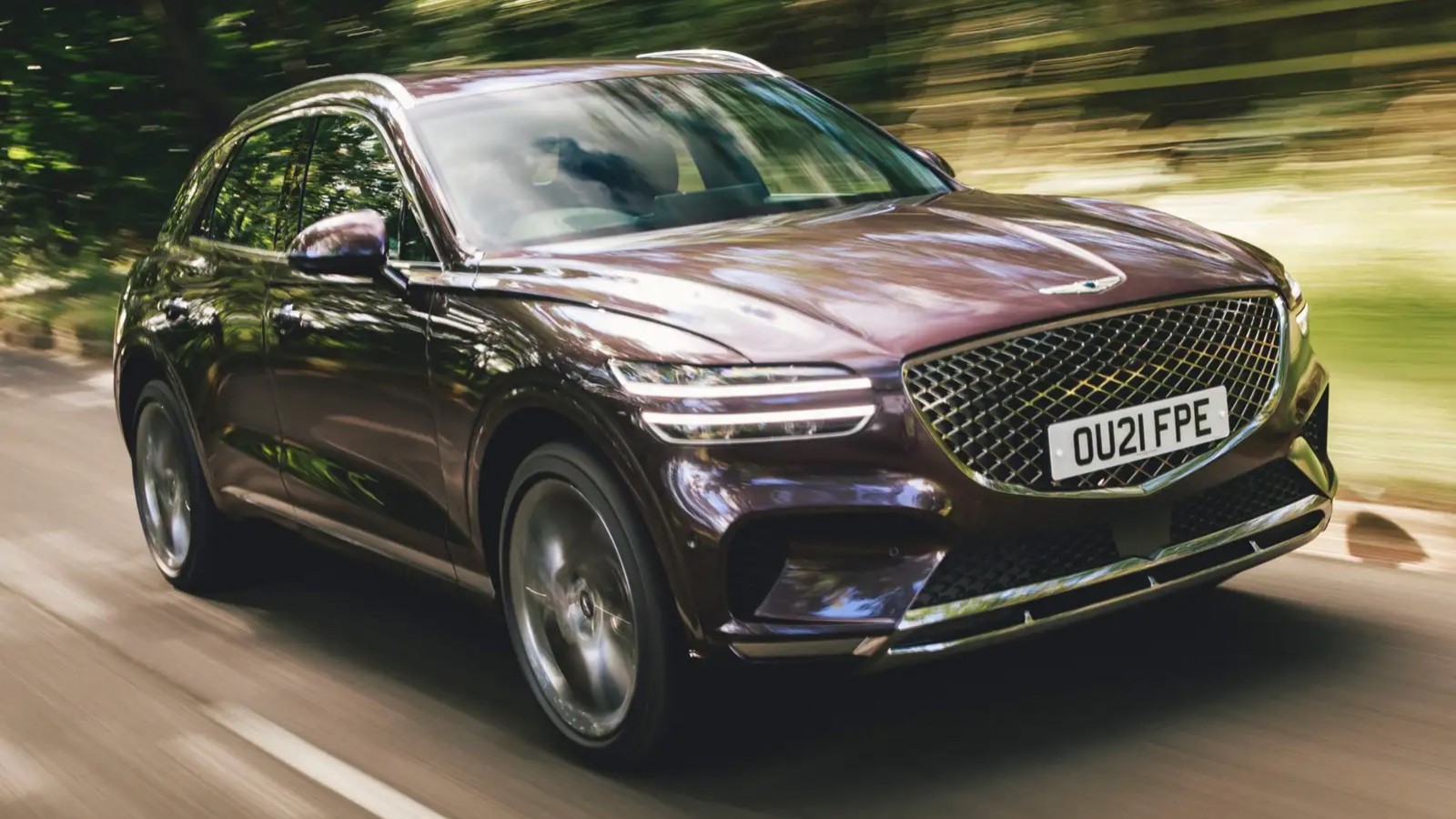 © Haymarket Media
© Haymarket Media -
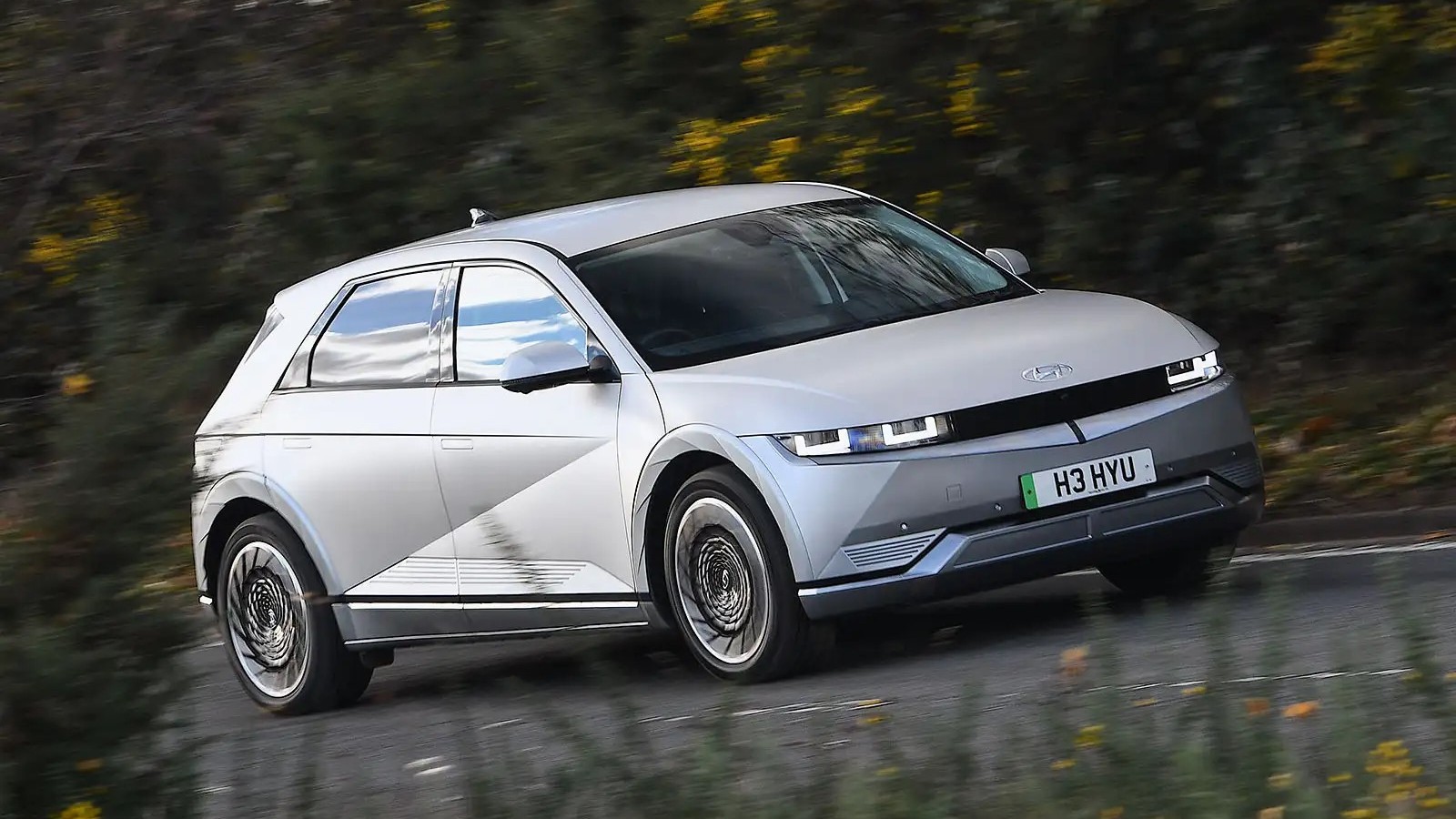 © Haymarket Media
© Haymarket Media
-
When charging an electric car, bigger doesn’t always mean better. As a general rule of thumb, a car that can charge at speeds of up to 270kW can add around 120 miles of range in around 10 minutes.
-
It’s also worth noting that some EVs won’t always charge at the speed quoted by the manufacturer.
Korean electric cars such as the Genesis GV60, Kia EV6, Kia EV9, Hyundai Ioniq 5 and Hyundai Ioniq 6 are all claimed to charge at up to 350kW, but rarely reach such a speed, often settling at between 230kW and 245kW.
-
With this in mind, we thought we’d take a look at the fastest charging electric cars.
We’ve used manufacturer-claimed figures for the maximum rate in kilowatts (kW), and the time it takes for the battery to charge to 80% capacity.
-
Jeep Avenger - 100kW
It may only charge at a maximum rate of 100kW and have a 50.8kWh battery, but its official range is anywhere between 245 to 249 miles, depending on the trim.
There are three modes: normal, sport and eco. Pop it into sport and you’ll get 154bhp, while normal offers up to 108bhp and eco 81bhp. Find yourself a decent charger and a 10-80% top-up will take around 25min.
-
Volkswagen ID 3 - 170kW
Whether you opt for either the Pro or Pro S, you shouldn’t be kept waiting at a charger for long. The Pro will charge at up to 120kW, which means a 5-80% charge takes around 35min, while the Pro S will manage 170kW and take around 30min for the same charge.
The Pro S has a 77kWh battery versus the Pro’s 58kWh, but this means 11kW AC charging takes a slightly longer seven hours 30min from empty to full — the Pro takes around six hours 15min.
-
Volkswagen ID 7 -175kW
As of 2022, we waved goodbye to Volkswagen’s executive Passat. The firm’s long standing model has been replaced by Volkswagen’s new ID 7 electric saloon - and an estate version is on its way, too.
Built to rival the BMW i4 and Tesla Model 3, the ID 7 is Volkswagen’s new flagship model and offers a range of up to 435 miles in range-topping Pro S trim. The standard Pro model can only be charged at 175kW, which means a 10-80% charge takes around 28 minutes. Using an 11kW home charger, it will take roughly eight hours to charge from empty to full.
-
Volkswagen ID Buzz - 175kW
The MPV-based ID Buzz might look more like a van than a car, but does in fact used the same underpinnings as a ID 5. The large and spacious Buzz is the ideal family wagon, and while its range of 257 miles isn’t brilliant, it's a highly capable EV that offers more practicality than most electric SUVs.
The Buzz will charge at 175kW, which means if you can find a charger with such an output you can expect a 5-80% charge time will take just 30min; plug it into an 11kW home charger and this will be an overnight job at seven and a half hours.
-
BMW i4 - 180kW
Opting for the entry-level eDrive35 i4 means you’ll get a 70.2kWh battery, 180kW DC charging, and an official 276-mile range. Find a charger with a 180kW output and you should be able to charge from 10-80% in 32 minutes.
The mid-level eDrive40 is arguably the pick of the line-up. You get a larger 83.9kWh battery and up to 365 miles of range. Couple this with a faster charging speed of 205kW and you can top-up the battery in around 30 minutes. Both versions of the i4 get 11kW AC charging.
-
BMW i5 - 205kW
The entry-level i5 shares the same DC charging performance as the i4 eDrive40 (205kW), which means a 10-80% boost should take around 30 minutes.
Topping the i5 model line-up up is the 601bhp dual-motor M60 variant. It retains the 83.9kWh battery from the eDrive40 which means it can be charged at up to 205kW. AC charging is up to 22kW which means you can charge from empty to 100% in around four hours.
-
Polestar 2 - 205kW
The Tesla Model 3 rival was given a significant update in 2023, with the new Polestar 2 gaining a new exterior look and a revised interior.
There are a few versions to choose from too: you can have a Standard range Single motor, Long range Single motor, Long range Dual motor or the range-topping Long range Dual motor with Performance Pack. The Long range Single motor is the pick of the bunch due to its impressive 405-mile range.
From the Long range Sigle motor up to the Performance model, the 2 will charge at up to 205kW, which cuts the top-up time down to 28min. All cars receive 11kW AC charging, which should charge the car in around eight hours.
-
Tesla Model Y - 250kW
Buying a Tesla gives you access to the company’s large and highly regarded Supercharger network, and in ideal conditions, you should be able to add 150 miles in as little as 15 minutes thanks to 250kW charging.
Plug into a 7kW wallbox charger and a 0-100% charge for the entry-level car will take around 9hr 15min. Opting for the dearer Long Range or Performance versions and a 7kW charge takes around 12 hours.
-
Tesla Model 3 - 250kW
Tesla recently facelifted the Model 3, giving it a more aggressive appearance, revised interior and uprated powertrain.
Like the Model Y, or any Tesla car, you can use a Tesla Supercharger. The RWD can charge up to 170kW while the Long Range will manage 250kW. Both cars will charge from 10-80% in under 30min and like the Model Y, the Model 3 can be charged in around 12 hours using a 7kW charger.
-
Audi E-Tron GT - 270kW
The German brand's sleek electric saloon is fitted with 800V architecture which means it can be charged at up to 270kW. Plug in to a charge that can offer such speeds and Audi claims that the e-tron GT can charger from 5-80% in just 23 minutes.
11kW AC charging is available, which should take the GT from 0-100% in around nine hours; charging via a 7kW wallbox will take 14 hours to cover the same charge.
-
Porsche Taycan Performance Battery Plus - 270kW
It’s praised for its driving engagement and astonishing acceleration, but what’s truly impressive is the Taycan’s charging ability. It will charge from 10-80% in around 20 minutes thanks to its max charge rate of 270kW.
If you opt for the 4S, this is pegged at 225kW unless you buy the Performance Battery Plus upgrade. With the 270kW box ticked, charging at a 100kW station will have the 10-80% top up done in around 40 minutes.
-
Maserati Gran Turismo Folgore - 270kW
Those who are Maserati fans will be pleased to know that the marques first EV, the Folgore, will be available this year. It gets a hefty 92.5kWh battery and 750bhp, which is to be upped later to 1,183bhp. It offers a 279-mile range and max DC charging comes in at 270kW.
Plugged into a quick charger, it will manage 10-80% in just 20min and add 62miles in just five minutes. Folgore buyers will receive a Maserati branded wallbox charger, which can offer up to speeds of 22kW.
-
Lucid Air - 300kW
The luxury electric saloon is fitted with a large 112kWh battery, giving it an EPA range of up to 516 miles. And despite the battery capacity, the Air can be charged quickly thanks to its 300kW charging speed.
In fact, if you can find a 350kW DC charger you can add 300 miles of range in as little as 21 minutes.
-
Kia EV9 - 350kW
Built to rival the BMW iX and Audi Q8 e-tron, the EV9 is a huge and super-spacious electric SUV that has a 349-mile range, a highly flexible interior layout and a 350kW. Kia says that to achieve such speeds an 800V charger that has an output of at least 210kW must be used.
Find a good enough rapid charger and you’ll be able to boost the battery from 10-80% in 24 minutes, making it quicker than the BMW iX and Mercedes EQB. The EV9 also draws 11kW on AC, which means the 10-100% charge is done in nine hours and five minutes for both the RWD and AWD models.
-
Genesis Electrified G80 - 350kW
If you can find yourself a rare 350kW charge station, the G80 will blitz the 10-80% fill in 22min. It has a max DC charge rate of 230kW while AC charging is capped at 11kW, which means a 10-100% charge time of seven hours 33min. In ideal conditions, Genesis claims that the G80 will return 323 miles of range.
-
Hyundai Ioniq 6 - 350kW
Like many EVs available, the Ioniq 6 is available with either a RWD or AWD setup – but all cars get the same 77.4kWh battery. As previously state, a maximum charging rate is possible, but the Hyundai tends to peak at a speed of 233kW, and this means it will take around 18min to charge from 10-80%.
On a 50kW, the charge time is increased to one hour and 20min. All cars charge at a maximum of 11kW on AC, taking them from empty to full in around seven hours and 10min.
-
Kia EV6 - 350kW
The Kia EV6 gained immediate praise for its solid range, spacious interior and fast-charging capabilities when it arrived in 2021. With a range of up to 328 miles it can travel further on a charge than a Hyundai Ioniq 5 and Porsche Taycan 4S.
Kia claims that the RWD and AWD models can both be charged at up to 350kW, however the Kia's peak charging rate is around 233kW, meaning a 10-80% boost takes around 18 minutes. A 50kW system can replenish the battery in one hour and 10min.
-
Genesis GV60 - 350kW
Like its larger brother, the GV70, the GV60 has a 77.4kWh battery but the range is slightly higher at 289 miles (Sport Plus). Its peak charge rate is 233kW (350kW quoted) and it will top-up from 10-80% in 18min via an ultra-rapid system.
The AC charging ability has been increased from 7.2kW to 11kW, which means charging from empty to full takes around eight hours.
-
Genesis Electrified GV70 - 350kW
According to the Korean premium brand, the GV70 can be charged at up to 350kW. However, many drivers have experienced differing peak charging rates, and this isn't exclusive to just the GV70.
The highest rate for the GV70 is 233W, so if you can find an ultra-rapid device then it should recharge from 10-80% in around 18 minutes. An easier-to-find 50kW fast-charge station, will have the same charge done in around one-hour 20min. At a home charger, the empty to full charge is done in around 12 hours.
-
Hyundai Ioniq 5 - 350kW
Given that the Ioniq 5 uses the same 800V electric architecture as the GV60, EV6, and Ioniq 6, it will come as no surprise that it too can be charged at 350kW. However, many owners have revealed that 350kW is only achievable for the merest of moments before the car accepts electricity at around 238kW.
The Ioniq 5 is available with either a 58kWh or 77kWh battery, which both accept the same charging speed. Opt for either battery and charging from 10-80% via a 350kW system will take just 18 minutes.
BY MATT MACCONNELL
